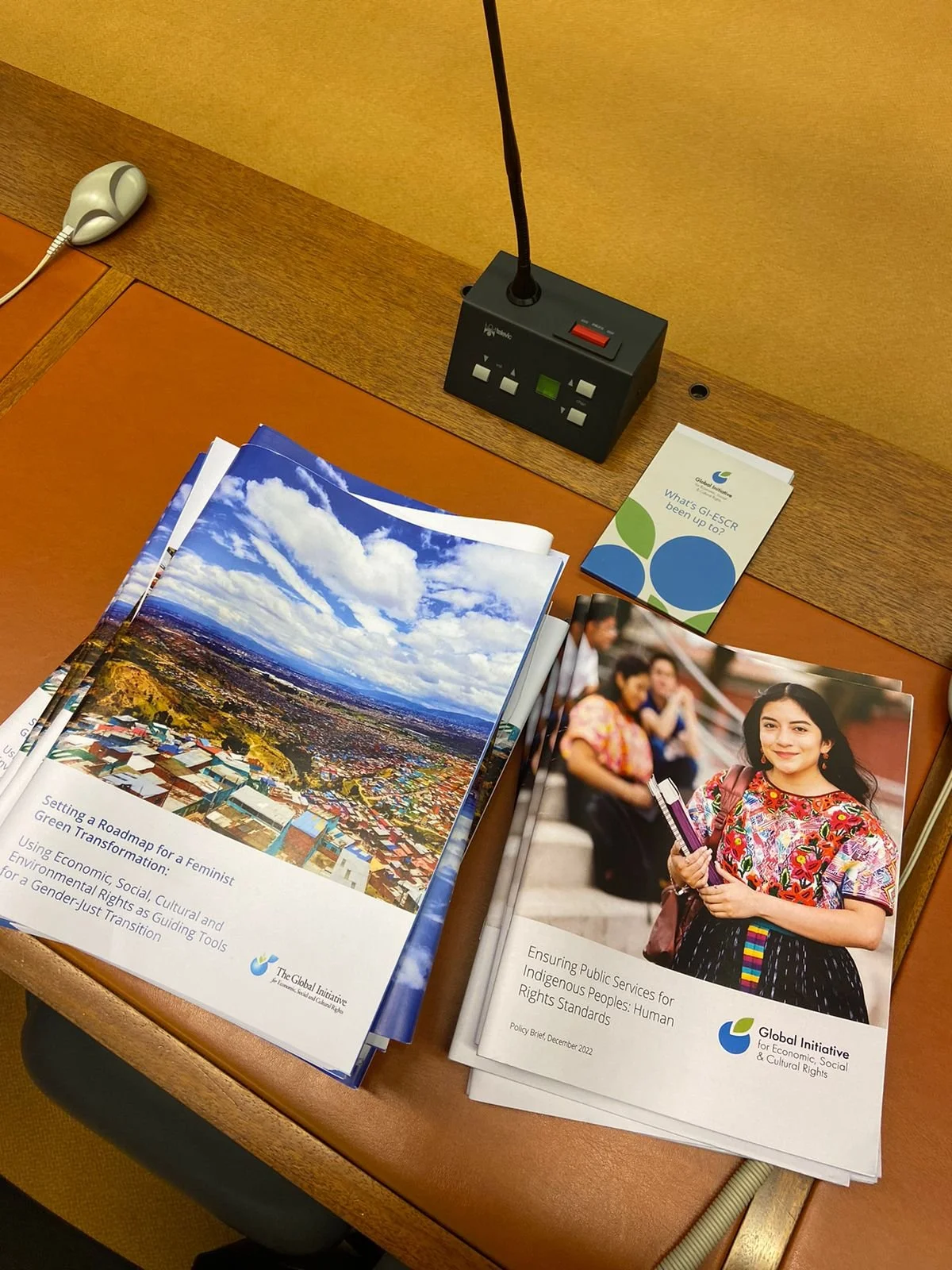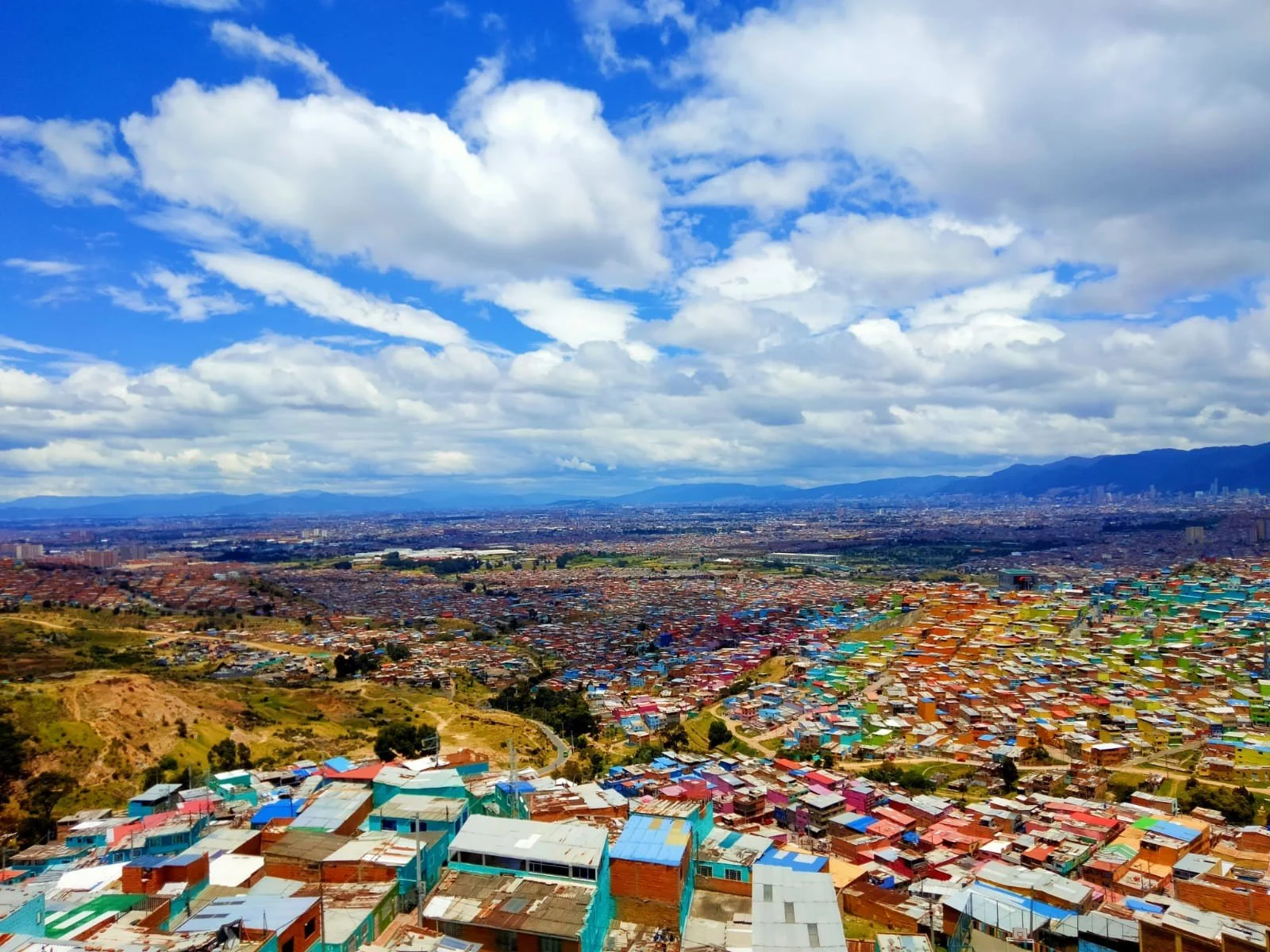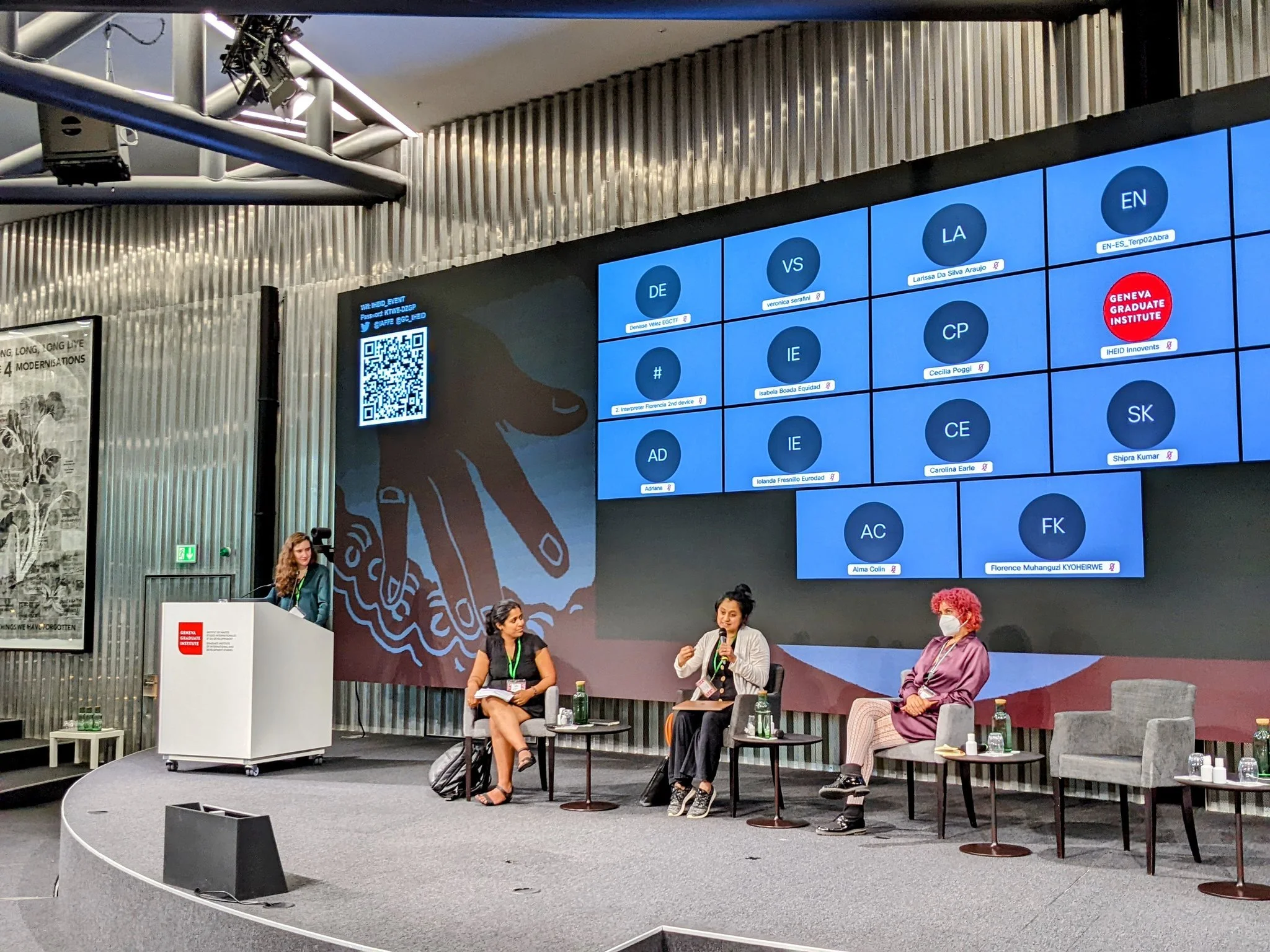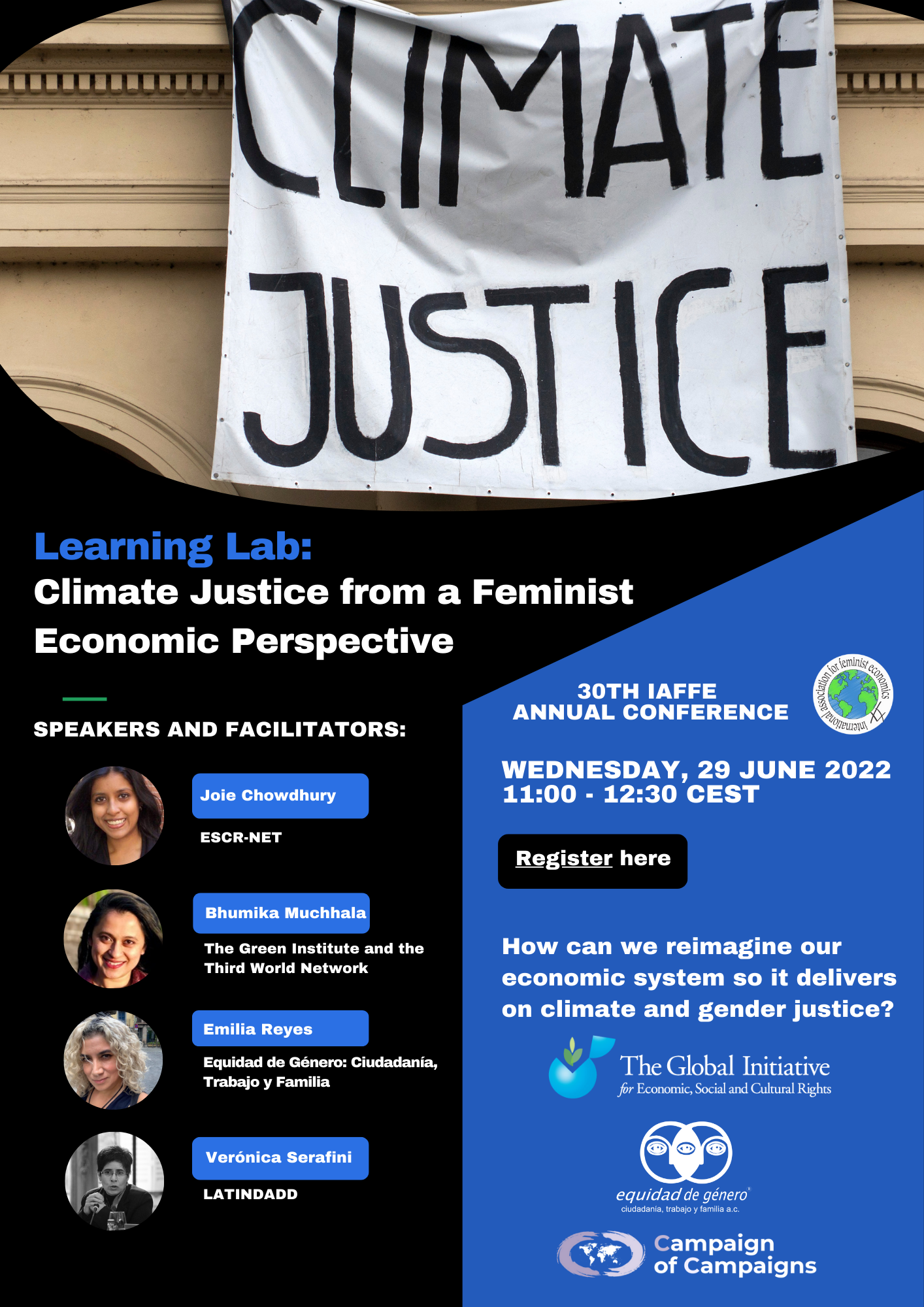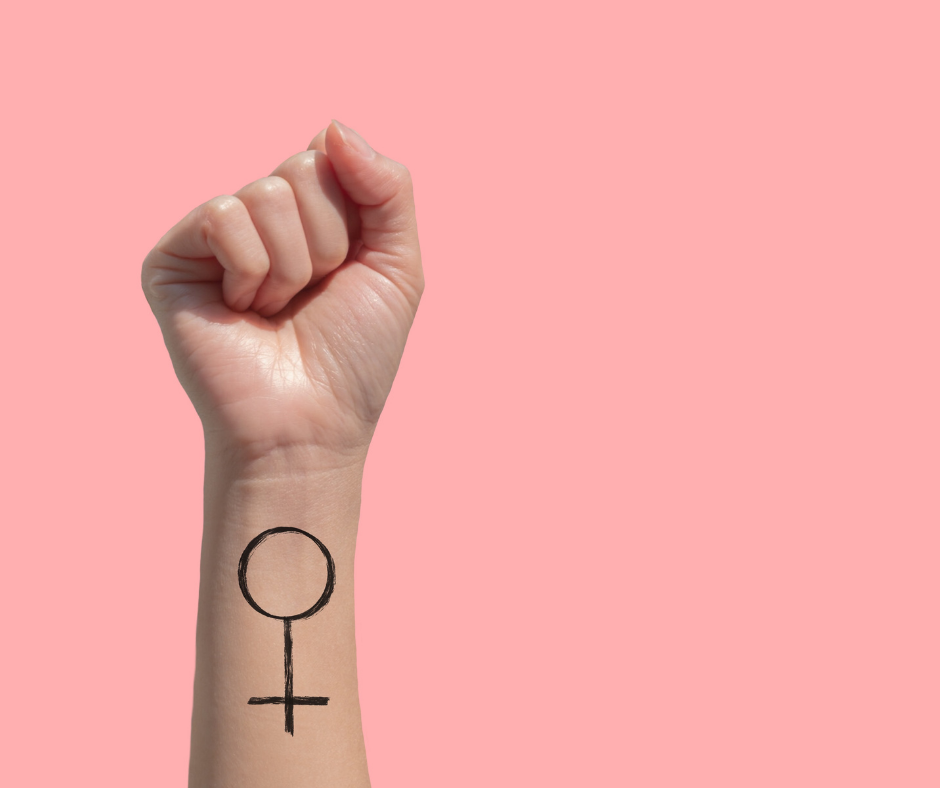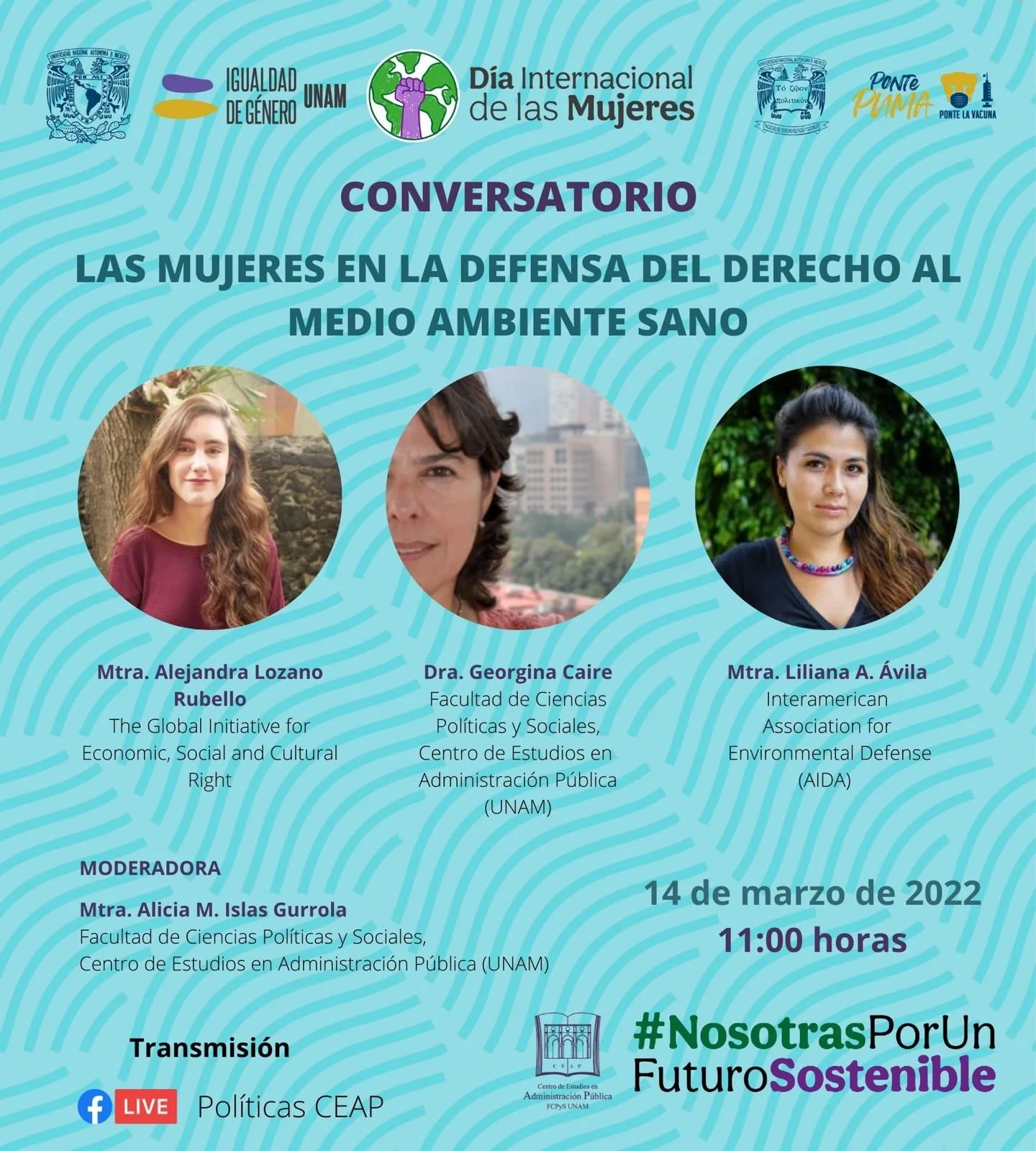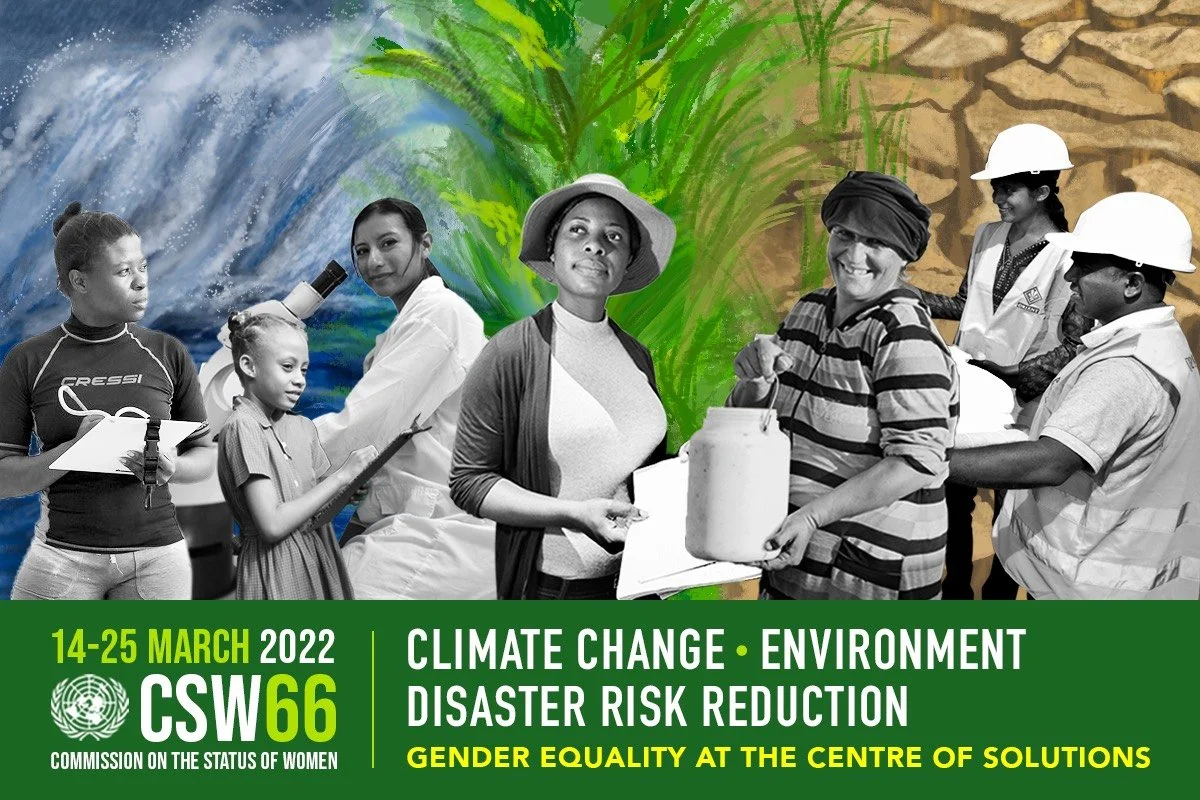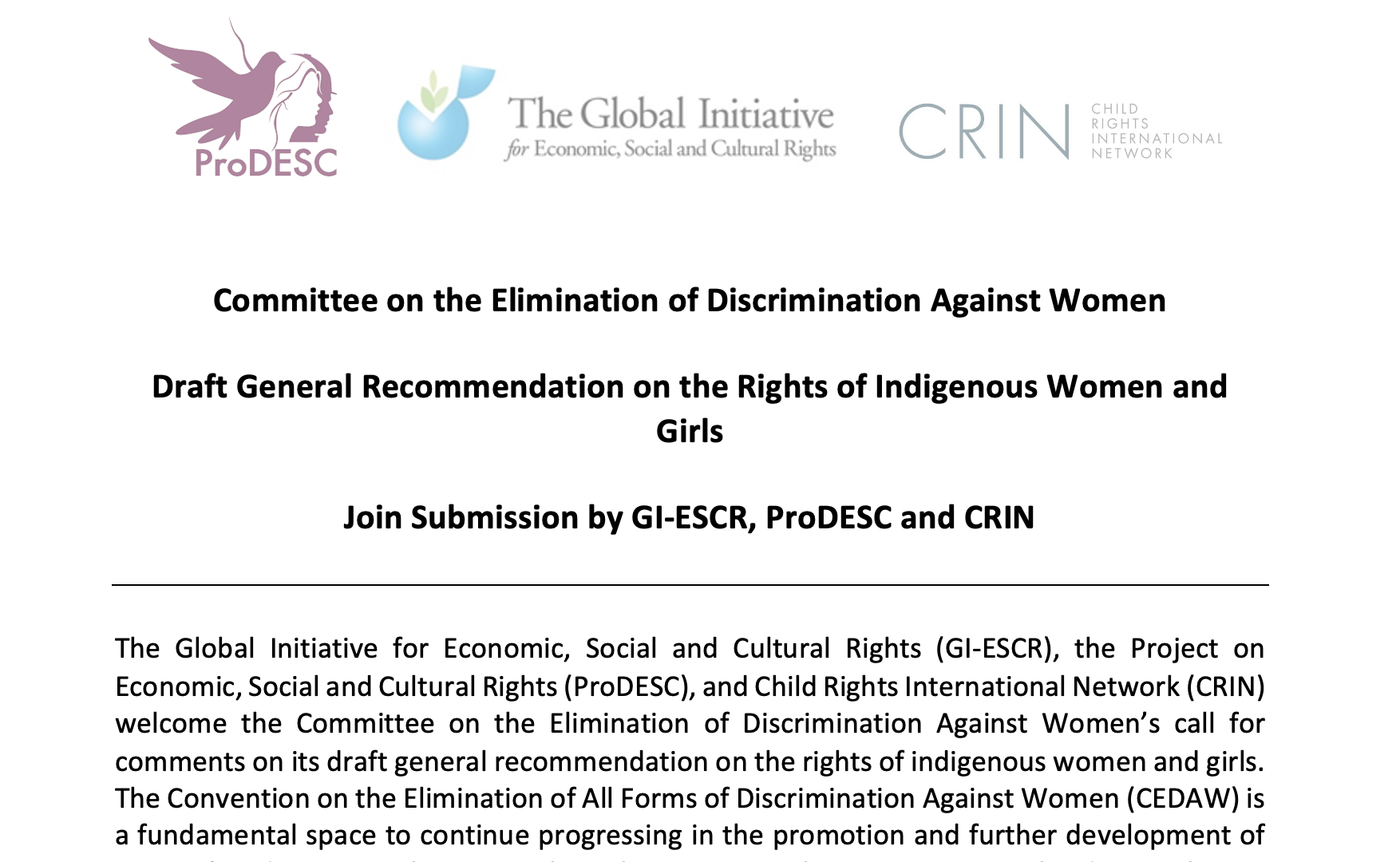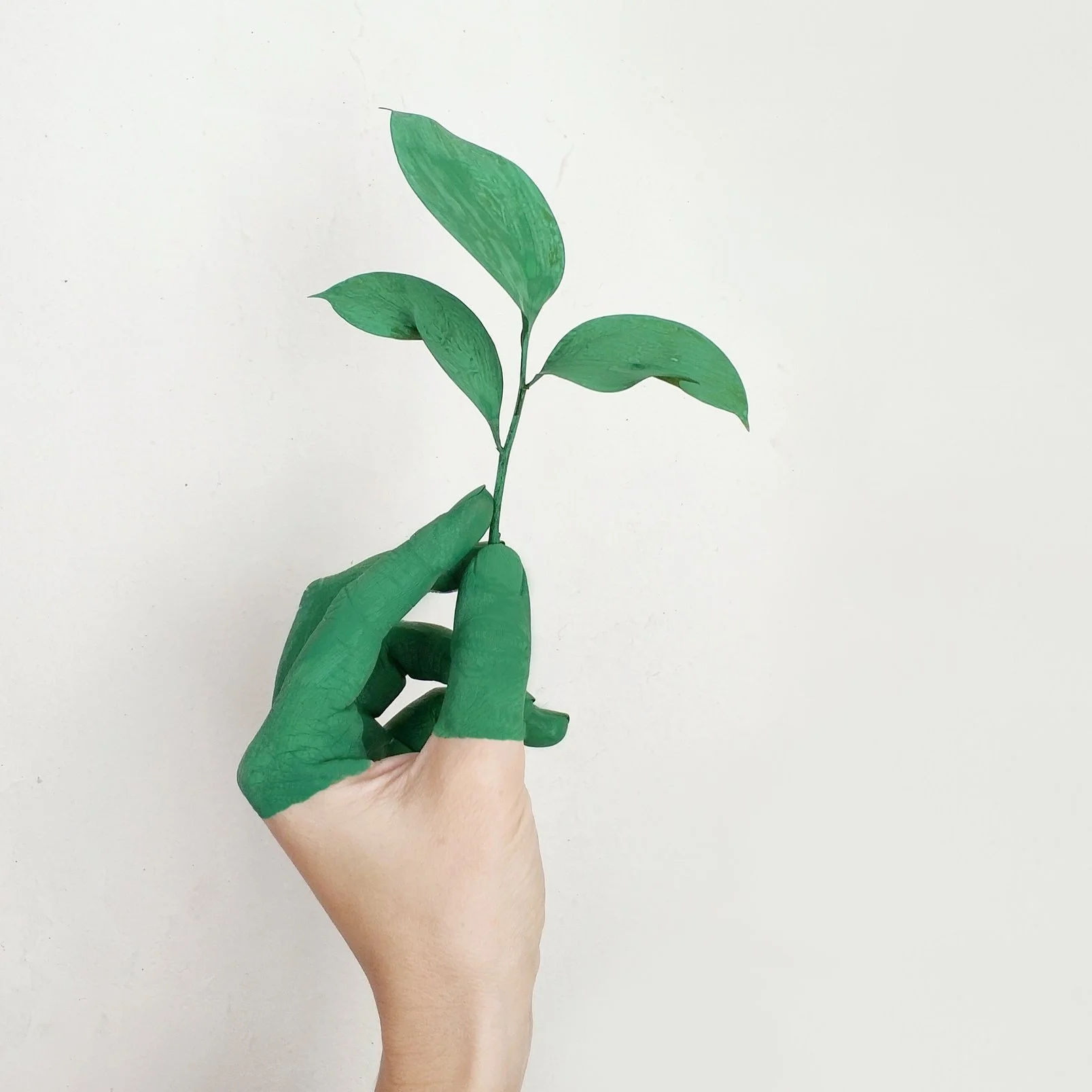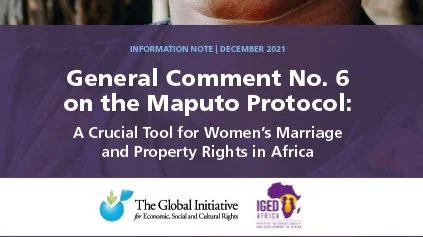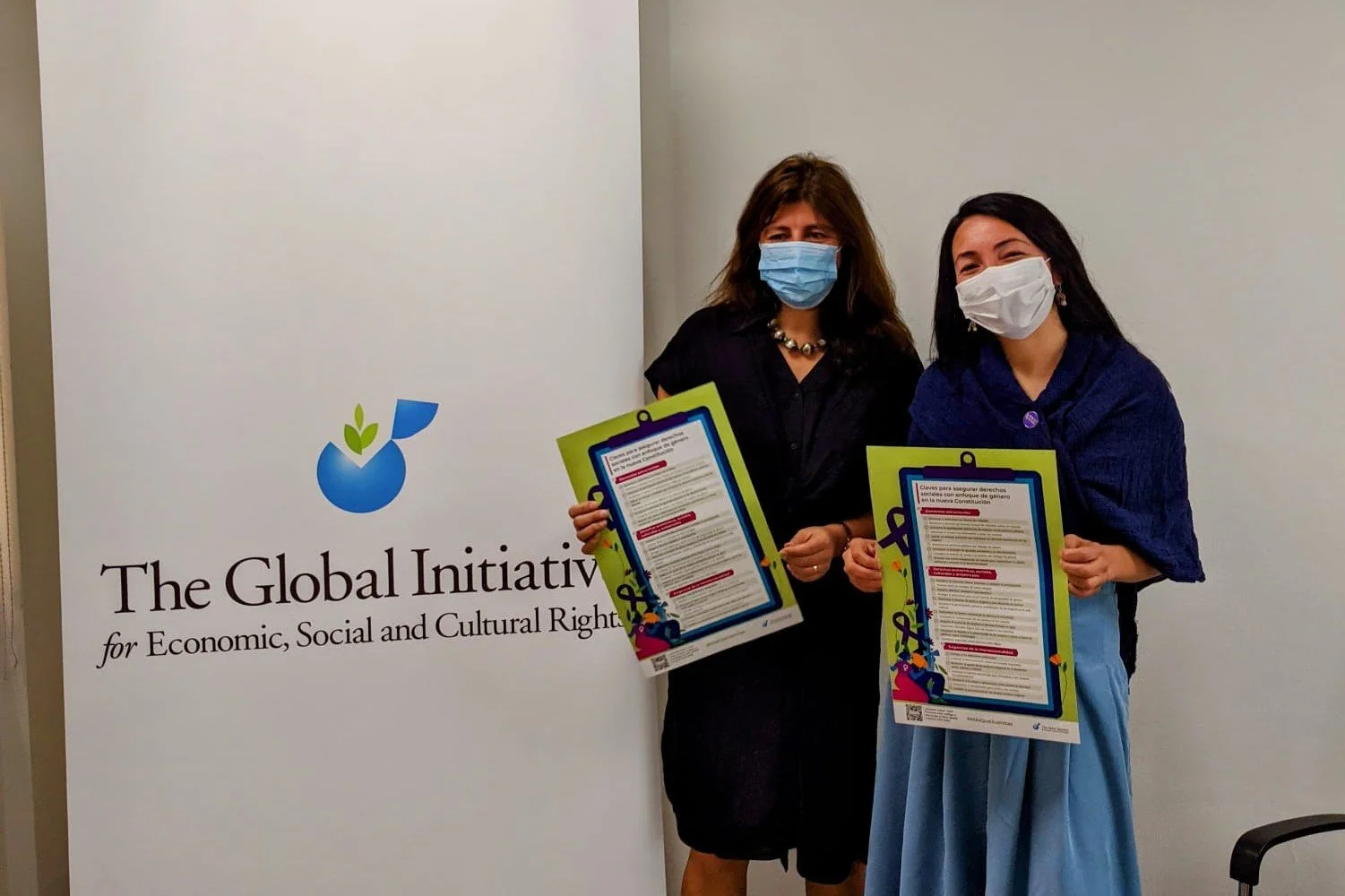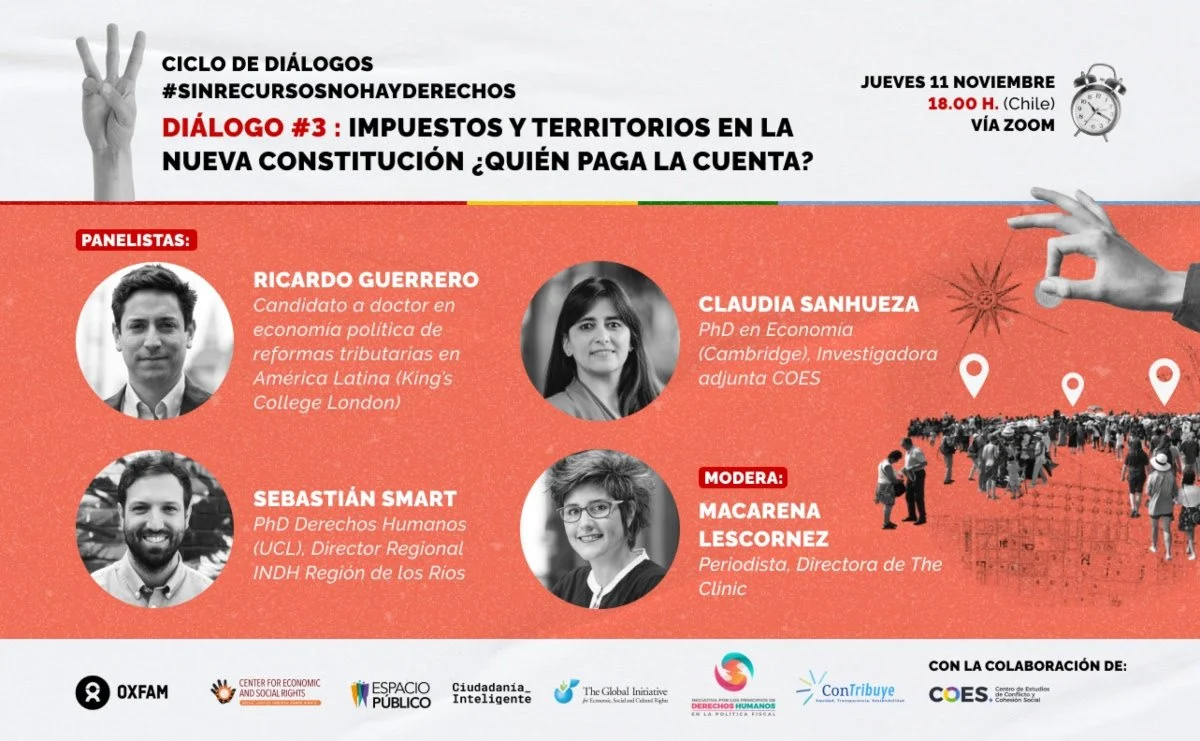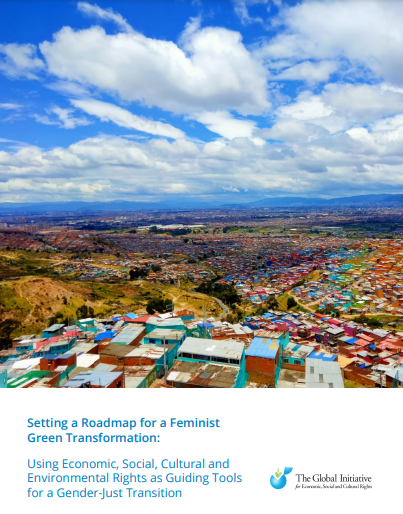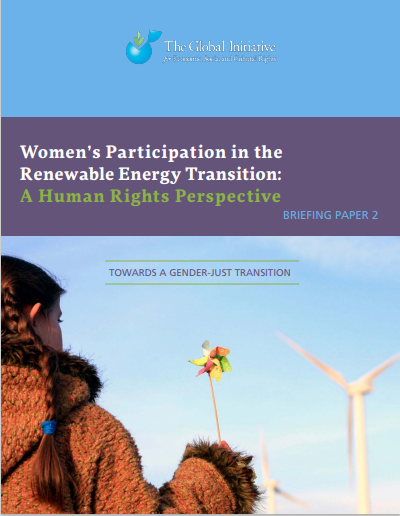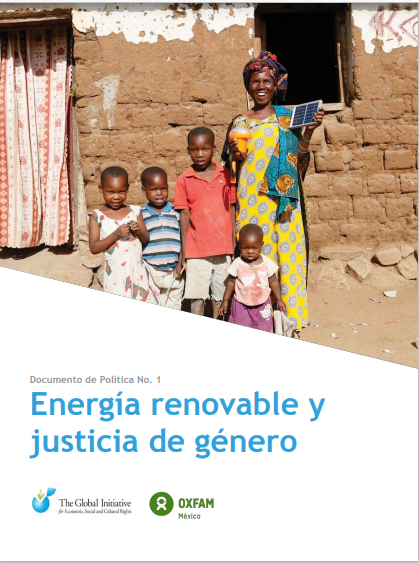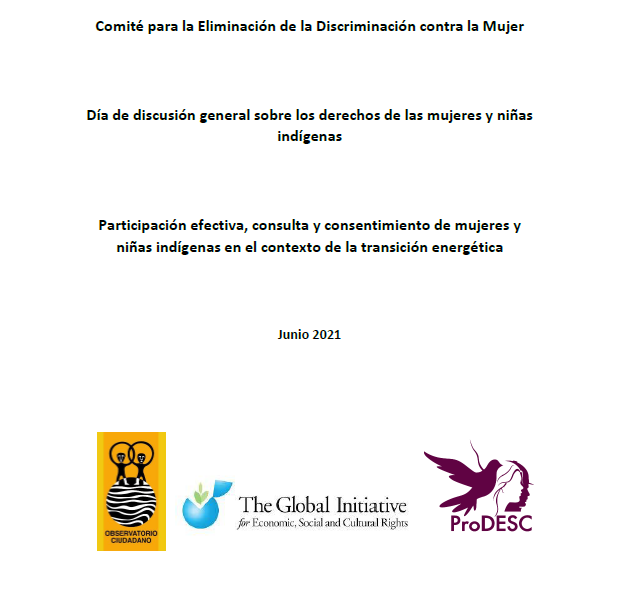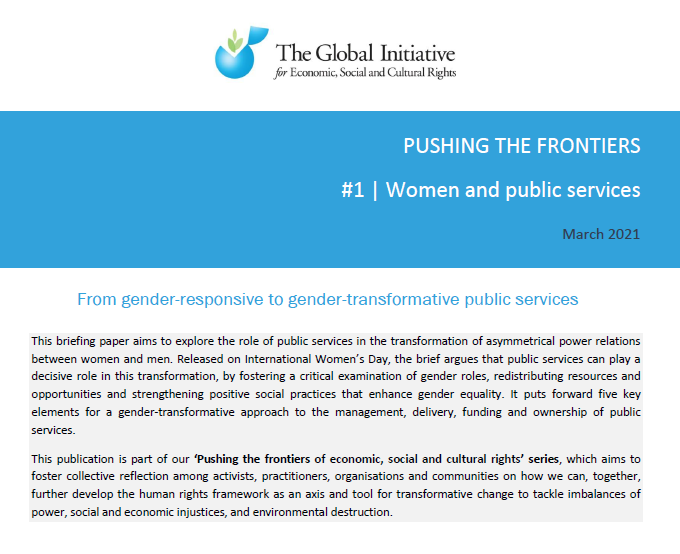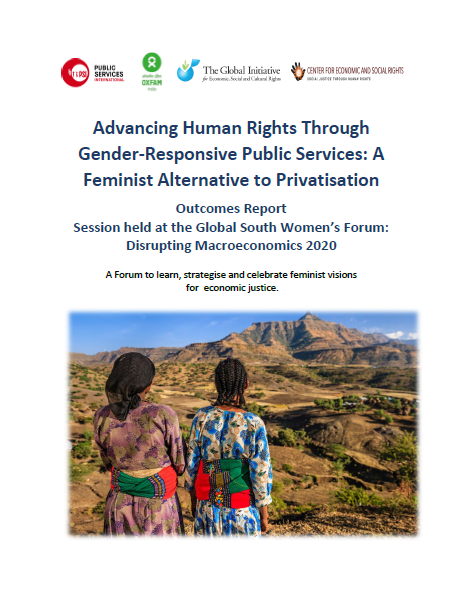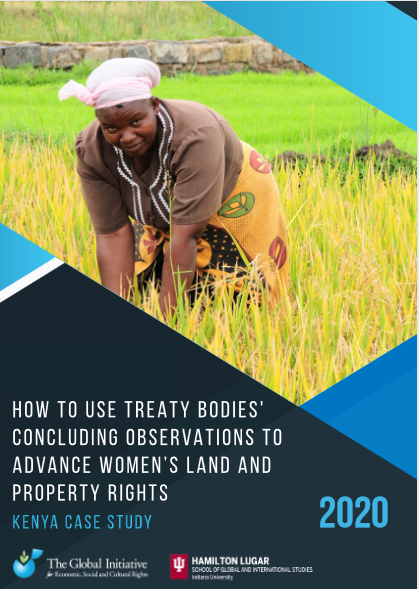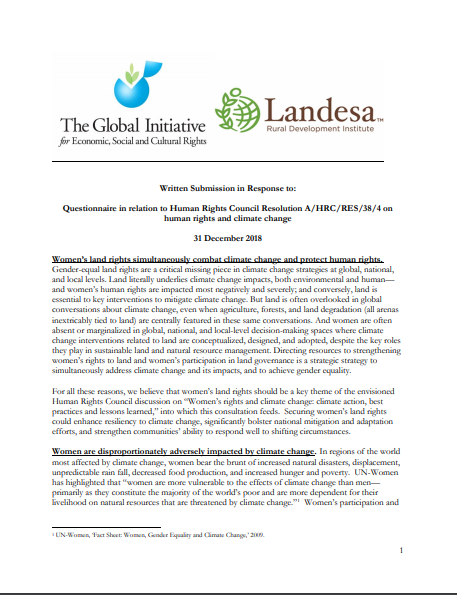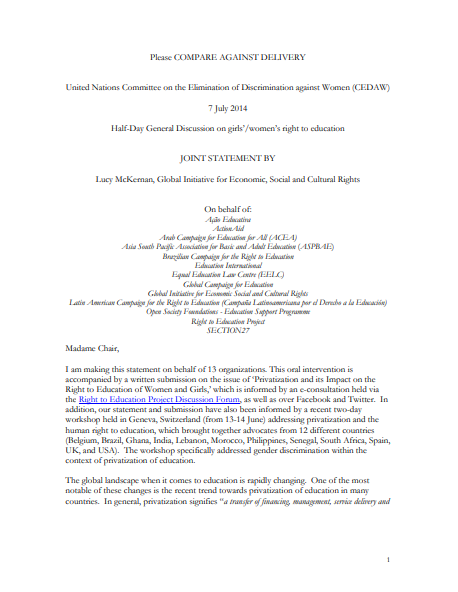
Issue
Twenty-five years since the Beijing Fourth Conference on Women in 1995, the world has changed significantly. Factors such as, economic crises and consequential privatisation and austerity measures, the effects of the ecological breakdown, and now the COVID-19 pandemic, have intensified vulnerabilities and increased inequalities, including gender inequality. Financial globalisation and the almost ubiquitous influence of corporations have shifted power relations in ways that deeply undermine the enjoyment of human rights, in particular economic, social and cultural rights, which are the basis for sustainable livelihoods.
+ Read more
In this context, statistics show that women are more likely to suffer conditions of poverty than men, and that this is directly caused by the systematic discrimination that they face in education, healthcare, employment, access to social security and control of property and assets, as well as their lack of meaningful participation in public and political life. The barriers that prevent women from enjoying the full range of economic, social, and cultural rights reinforce their subordination, reduce their choices and silence their voices. In order to address these structural inequalities and avoid the loss of hard-fought gains on women’s equal rights, we must move beyond economic-growth discourses and demand economic and environmental justice.
To these ends, in recent times significant achievements have been obtained through the legal recognition of women’s equal rights. However, gaps in legal frameworks still need to be addressed, and there remain major challenges to implementing and enforcing equality laws, as well as to raising the awareness necessary to change harmful practices and customs on the ground. As explained by human rights monitoring bodies, while formal equality refers to the adoption of laws and policies, substantive equality is concerned with the outcomes of these. To transform power structures and advance gender equality and women’s rights, we need to push the frontiers of international human rights law, expand the levels of legal protection, and advance women’s substantive equality through active advocacy and mobilization of cross-sectorial social movements and organizations.
Until recently, GI-ESCR gave particular attention to access to land rights and productive resources for women as an important element in achieving substantive equality. This work has enabled ground-breaking progress in developing and expanding the understanding of women’s rights in the context of rising inequalities and the environmental breakdown. Building on the lessons we have learned and the networks we have developed over the years, we believe it is time to take our work on women's ESCR to a new stage in order to address the challenges of the XXI Century.
Our Approach
To strengthen and consolidate the achievements so far obtained, GI-ESCR advances towards women’s economic and environmental justice by focusing on equal rights, women’s empowerment and enjoyment of ESC rights in the face of privatisation and the unfolding crises caused by the ecological breakdown and the COVID-19 pandemic. Our approach involves working closely with partner organizations at the local and international levels and seeks to build upon the strengths of women's organizing and the growing movement for quality public services and climate justice.
+ Read more
In that light, GI-ESCR will use the human rights framework to achieve the following key goals:
Consolidate advocacy activities with partner organisations at the national and international levels to enhance reflection, creative standard setting, and knowledge relating to the achievement of women's rights to land and natural resources;
Ensure better awareness, amongst States and international human rights mechanisms, of the threats and opportunities posed by the climate crisis to the achievement of substantive gender equality and women’s economic and environmental justice, as well as greater understanding between strategic stakeholders of the importance of rights-respecting, gender-sensitive climate and transition policies;
Increase the capacity and effectiveness of human rights mechanisms to monitor ESCR realisation and hold States and economic actors accountable for violations, and to broaden the ability of, and space for, civil society groups to engage with human rights bodies and advocate for the realisation of ESC rights; and
Develop alternative narratives on gender-inclusive, climate-sensitive and solidarity-building models for the delivery of ESCR that defend public services and resist the commodification of ESCR.
Since 2010, GI-ESCR works to ensure women’s access to land and other productive resources. GI-ESCR has worked closely with local partners to achieve ground-breaking pronouncements on the protections of women’s rights to land and productive resources and their implementation.
Since we started, we have intervened in more than 30 countries and secured a range of progressive statements which are now being used to strengthen local advocacy.
Learn more about our work on women’s access to land and productive resources!

Partners
GI-ESCR is a member of the Steering Committee of the Women and Economic, Social and Cultural Rights Working Group of ESCR-Net, and works in partnership with many international organisations and networks.




